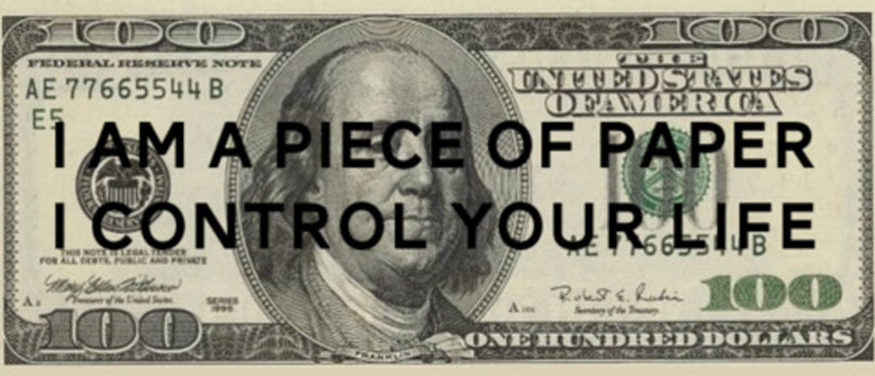Take Control of Your Debt
Is your level of debt out of control? If you are feeling overwhelmed by the amount you owe, it’s time to take action.
How does debt get out of control?
Not all debt is bad. Most people have times when they need to borrow money — for example, to purchase a car or a home, or start a business venture. In fact, debt can be very useful when used build wealth — such as taking out a mortgage on a house that is likely to increase in value.
The kind of debt that is not useful is unsecured debt, such as borrowing to go on holidays, or making impulse buys on your credit card. This debt is unhelpful as it is not an investment in your financial future.
If you have either of these debts and you lose your job, your business fails, or you get sick or injured and cannot work, your debt could quickly get out of control. Your level of debt could also become unmanageable if you borrow more than you can comfortably pay back.
Often when this happens, people turn to credit cards to cover day-to-day expenses. However, this only exacerbates the problem. If you then can’t pay off the cards, the interest and charges add up, creating more debt — which could take decades to pay off.
The danger of doing nothing
While being in debt can feel overwhelming, it is vital not to ignore the bills and letters of demand or refuse to answer creditors’ phone calls. If you do, the consequences could be much more severe. For example, the pressure from debt collectors is likely to increase, and you could have your goods repossessed. Furthermore, once your credit record is affected, it will be a lot more difficult for you to borrow money later on. Finally, in the worst-case scenario, you may be forced to declare bankruptcy.
Get back in control
If you’ve reached the point where you are unable to pay off your debt, you need to be proactive.
First of all, contact your creditors and be honest about your financial situation. It may be possible to negotiate repayments to ones that are more favourable to you. You may also want to think about consolidating your debt — by reducing your commitments to one easy repayment, you can save money on interest and fees.
Finally, you should consider getting professional advice. A financial counsellor can help you create a budget and negotiate with your creditors, enabling you to clear your debts for good.
Get on top of your debt
Attempting to get your debt under control can be difficult on your own. Fortunately there are numerous debt management services that can help you get on top of your finances, with a plan that’s tailored to your situation. Look into both free and paid professional services for different types of debt situations from simple to complex.

